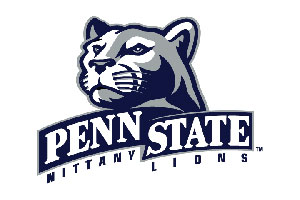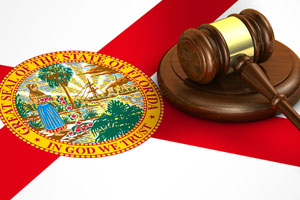A jury has awarded former Penn State University assistant football coach Michael McQueary over $7 million in damages in his suit against the university for firing him after he implicated Jerry Sandusky as a sexual predator. This award comes after the expert witnesses for each of the parties arrived at drastically different estimates of the financial impact that Penn State’s actions after the Sandusky scandal had on McQueary’s career prospects.
Sandusky Scandal
McQueary was an assistant football coach for Penn State University. He claims that he saw former coach Jerry Sandusky raping a young boy in the shower in 2001. McQueary said that he quickly reported it, but no action was taken. McQueary also implicated the university athletic director Timothy Curley and a Penn State vice president, Gary Schultz, in the cover-up.
In 2012, Sandusky was convicted of molesting 10 boys and sentenced to 30 to 60 years in prison.
Also in 2012, McQueary lost his $140,000-a-year coaching job for his role as a whistleblower in the scandal. After his dismissal, McCreary was unable to obtain other employment, which he attributed to other schools viewing him as “damaged goods.”
McQueary’s Lawsuit
McQueary filed a defamation lawsuit against Penn State, arguing that the school fired him in retaliation for being a whistleblower in the Sandusky scandal. Initially, McQueary sought $4 million in damages along with a rider to cover the potential income he could have made over 25 more years working as an assistant football coach.
McQueary claimed that Penn State did not inform him that he was no longer a university employee, did not offer to cover his legal fees, and delayed his severance payments and insurance benefits. McQueary also claimed that the school defamed him when it issued a public statement supporting the two university administrators who were charged with perjury and failure to report abuse.
Penn State argued that it had treated McQueary fairly and pointed to its agreement to pay him an 18-month severance benefit upon the expiration of his last contract.
At trial, economics expert Samuel Kursh testified for the defendants that the Jerry Sandusky scandal cost McQueary a maximum of $590,000 in future earnings. Kursh also testified that it was possible that McQueary suffered no loss at all.
Kursh’s estimate was in sharp contrast to McQueary’s expert, forensic accountant James Stavros, who testified that McQueary’s potential for future earning had been diminished by $1.8 million to $7.4 million. Stavros’ estimates were based upon the assumption that McQueary would have been able to continue his career as a high-level college position coach for the next 20 years.
At the conclusion of the trial, the jury ruled on the defamation and misrepresentation claims and awarded McQueary $7.3 million in compensatory and punitive damages. Judge Thomas Gavin reserved his ruling the whistleblower claim.
Attorneys for all parties have declined to comment on the case, citing the gag order that Judge Gavin has placed on the case.
Update: Judge Gavin ruled in McQueary’s favor on his whistleblower claim and awarded him an additional “$3.97 million in past and future economic losses and $1 million in non-economic losses for harm to his reputation and humiliation. Penn State also was ordered to pay legal fees and the bonus he would have received for coaching in the 2012 Ticket City Bowl.”
Photo Credit: Pennsylvania State University





